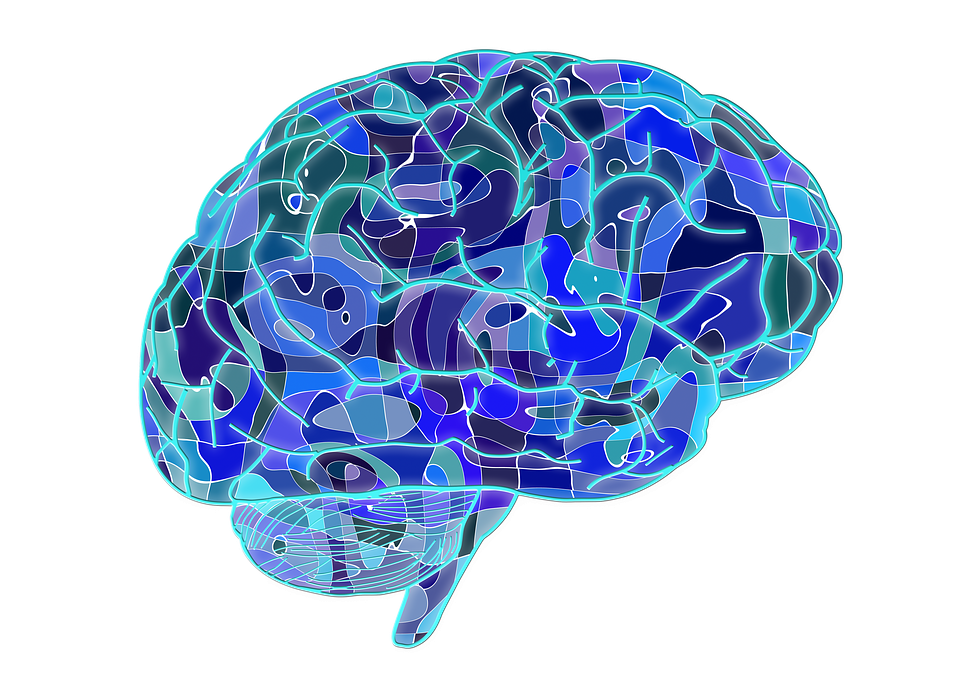Research
Genetics of impulsive behavior in rats

High levels of impulsivity (choice of immediate, small rewards over larger but later rewards) have been associated with various psychopathologies, e.g., drug addiction, ADHD and conduct disorder. Recent studies with humans, rats and mice suggest that impulsivity is heritable. The overall objective of this project is to identify the genes critical to impulsive behavior using a rat model. This identification will be a first step towards personalized interventions, which could be behavioral or pharmacological, depending on the regulatory function of the identified genes.
Funded by: National Institute for Drug Abuse
Effort-Related Decision-Making in ADHD

Existing data indicate ADHD is associated with differences in reward valuation and processing, but we do not know whether ADHD is also associated with higher levels of aversion to exerting cognitive effort and/or altered reward x effort interactions. Our ongoing study, in collaboration with Dr. Nigg's lab, addresses this knowledge gap by examining individuals’ preferences between rewards associated with minimal effort and reward alternatives with a higher payoff but higher effort costs (“effort discounting”); thereby permitting us to characterize differences in biases and tradeoffs during effort-related decision-making in ADHD. First, we determine whether ADHD is associated with steeper discounting of larger, more effortful rewards. Second, we examine the subjective perception of effort in youth diagnosed with ADHD and healthy controls using tasks requiring varying levels of cognitive effort. Third, we explore relationships amongst indices of effort discounting, theoretically-related traits (e.g., grit, distress tolerance), biomarkers of effort-related decision-making (eye movements and pupil size), and various cognitive measures. Successful completion of the aims will permit us to better characterize ADHD-healthy control differences and lay a foundation for more computational approaches to ADHD diagnostic criteria.
Funded by: National Institute of Mental Health